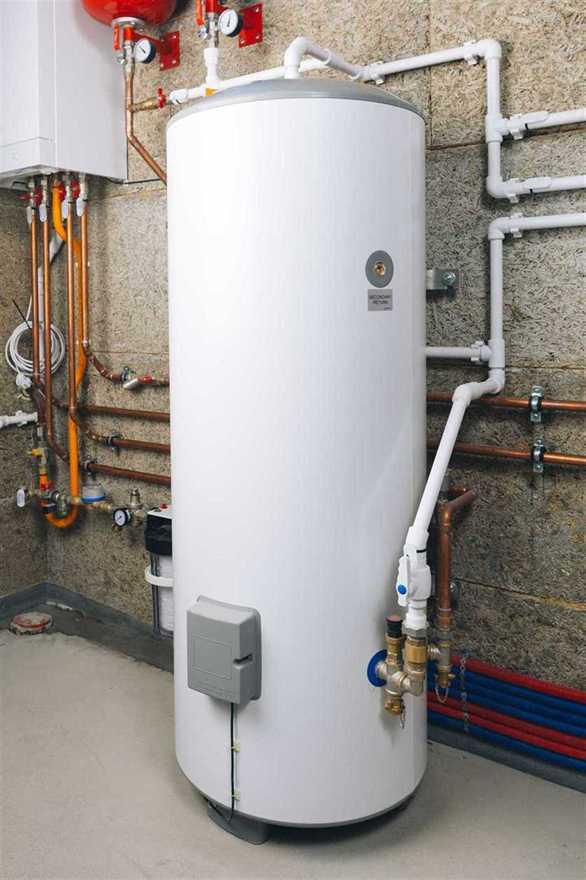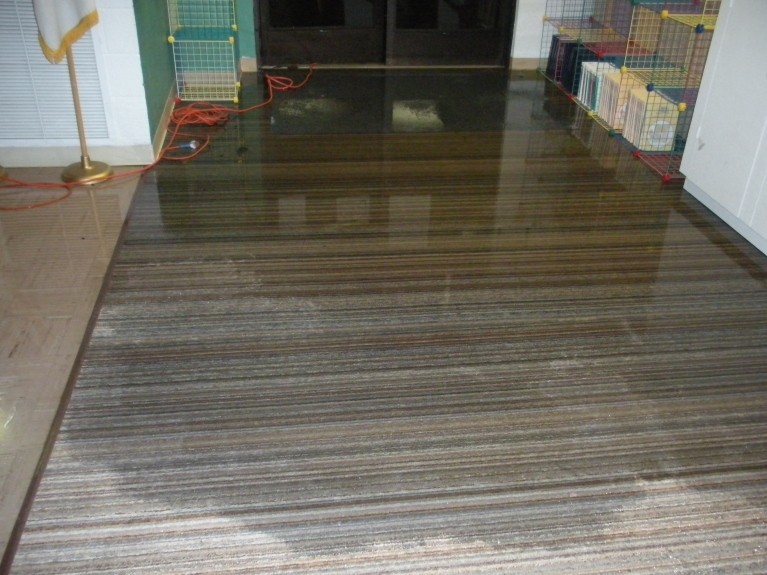They are making a number of great pointers regarding How to Avoid a Broken Hot Water Heater as a whole in the content on the next paragraphs.

Whether it lies in the basement or a different area, busted water heaters can create tension. A basic device holds 80 gallons, so an overnight leakage will certainly bring about a flood. This causes major residential or commercial property damage with drenched walls and floors. Besides, having no warm water supply is also troublesome. If you are taking care of these concerns, remember of the following:
Call the Plumber
After doing the very first 2 safety and security actions, you need to call your plumber to find as soon as possible to deal with a burst water heater. Remember that your device will not simply conk out substantially overnight. There are typically indications that your aging hot water heater has sediment build-up in the inside. Make note of the following:
Do not wait on major flooding to call the plumber. Already, you will have to spend more to restore your property. Rather, as quickly as you detect these indicators, have actually an expert pertained to check your water heater tank. Usually, water heaters have a lifespan of concerning 8 to 12 years. With routine evaluation and upkeep, you can extend its life.
Cut Off the Cold Water Supply
Cut off the containers touch water supply from the resource. When your container is in excellent condition, the cool water quits loading up when the storage tank is full. If you can not discover it or reach it, you have to turn off that major water supply line outside your building.
Shut Off Source Of Power
Before calling the plumber, shut off a gas hot water heater by transforming the temperature level dial. This is usually situated at the top of the thermostat. Change off the circuit breaker if you have a design that runs on electrical power. This will certainly avoid electrocution, specifically if there is a leak as water is a conductor. Usually, the burner shuts off when the water hits a particular temperature. But with a busted container, it might malfunction. Cutting it off guarantees you remain secure.
Clean Up Residential or commercial property
After calling the plumber, file damages by taking notes and also pictures so you can declare your homeowner's insurance policy. Remove any type of standing water to stop mold and mildew and mildew growth. If you have a completely submersible water pump, make use of that to drain pipes the water.
Remember, if you see any kind of issues with your water heater, call the pros today. You can not take this trouble gently due to the fact that a faulty thermostat can raise water temperature to an alarmingly high degree, causing unexpected burns. A damaged heater pressure safety valve can additionally trigger an explosion. For finest results, get a yearly check so your system gets evaluated, cleansed, drained pipes, as well as replenished, assuring ideal efficiency.
After doing the initial 2 safety and security actions, you must call your plumber to come right away to fix a burst water heating system. Rather, as soon as you find these indications, have actually a specialist come to examine your water heater tank. Before calling the plumber, closed off a gas water heater by turning the temperature dial. If you have a submersible water pump, utilize that to drain pipes the water. Keep in mind, if you notice any type of issues with your water heating unit, call the pros right away.
Is My Water Heater Broken?
The Water Heater is Old
No appliance will last forever. This includes a home’s water heater. During its lifespan, residents are going to face a situation where a new water heater installation will be necessary. The biggest problem with this is that most people are not sure when their water heater expires. Not knowing this can lead to serious risks if the unit begins to act up due to old age.
Most makes and models of water heaters will last between eight and 10 years. While 10 years is the age when water heater replacement is highly recommended, the need to replace the unit may occur before this time or after. If the unit doesn’t show any symptoms of a problem, it is a good idea to replace it at the 10-year mark (from the manufacture date).
Some of the symptoms that indicate a new unit is needed include rusting, leaks, noises, and a failure to heat up the water. Also, note that not all units have a 10-year life expectancy. The main exception to this rule is that a gas unit will last for six to eight years.
Rusty Heater Inlet Valve or Water
While steel is the strongest material on earth, it does have a weakness – rust. If corrosion occurs on a steel surface, it will begin to spread and eat through the steel in certain areas. On water tanks and pipes that are made of steel, rust is a warning sign of an impending leak.
The issue for many is trying to figure out if the rust is coming from the water heater or the pipes that lead to the faucet. If rust is seen, it is a clear indication that water heater service from the professionals is needed.
If rusty water appears out of the faucets in the bathtub or sink, it likely means a rusty water heater. If there is rust near the water inlet or the pressure relief valve, rust has likely developed inside the tank. If tap water appears rusty, it may be an issue with the pipes.
Strange Sounds from the Water Heater
Are there strange sounds coming from the tank? As a water heater gets older, rumbling noises may develop and get louder and louder as the water in the tank heats up. In homes where large amounts of hot water are used, the issue is likely going to be even more obvious when more serious issues arise. If there is a strange or loud noise coming from the unit, it is probably because of sediment buildup. A good way to remedy this problem is by flushing the heater. If this does not work, then a new unit may need to be installed.
Leaks
As a water heater gets closer to the end of its useful life, there is a higher chance there will be water around the tank. If there is water, this usually means leaks are occurring. Based on where the unit is located in the home, a leak may result in serious property damage.
Leaks are usually caused by expansions in the metal tank. The expansions occur as time passes and as the inside body of the tank is exposed to multiple heating cycles per day. When a fracture forms, the gap will be slight enough to hold the water in; however, in more serious situations, this will not be the case. If the tank is idle, the water will not leak but when the metal expands during each heating system, small amounts of water will get through the gap.

As a passionate reader about Maintaining & Draining a Water Heater, I assumed sharing that excerpt was worth the trouble. Please set aside a second to share this blog entry if you enjoyed it. Thanks for your time invested reading it.
Precision and quality here.